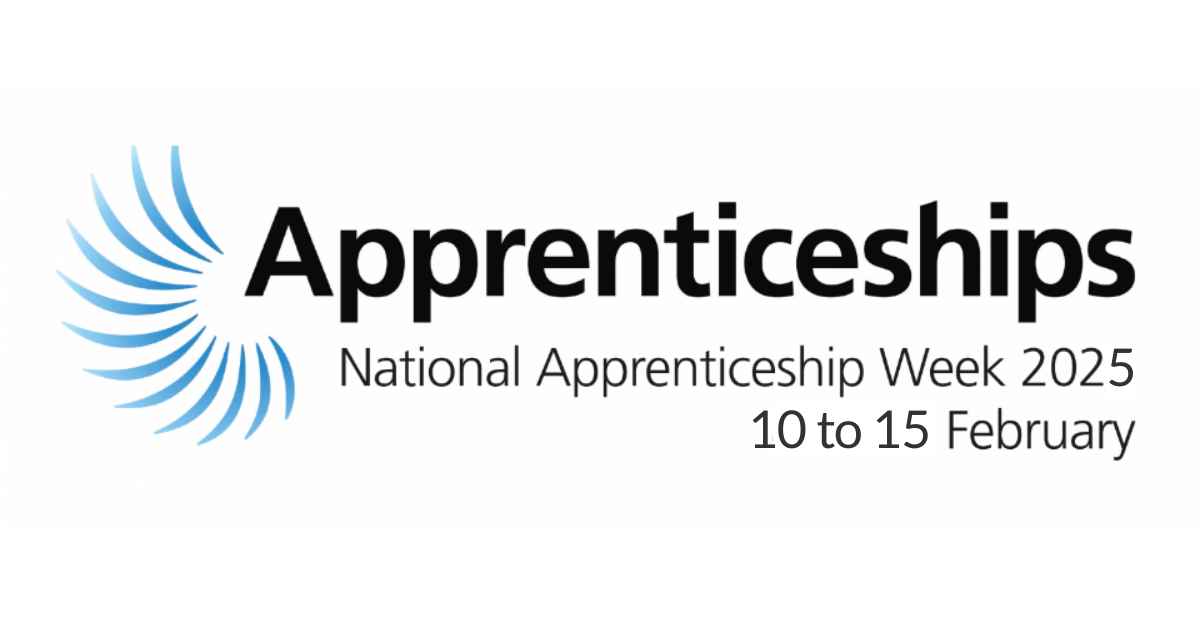In the middle of National Apprentice Week the government announced a wide ranging package of reforms to boost growth of apprenticeship placements.
Cutting through the jargon Apprenticeship Central has set out what the announcement means.
It said the minimum duration of an apprenticeship will be reduced to eight months from the current minimum of 12 months with the view to make it easier for employers in sectors with urgent skills needs to train and retain talent quickly.
Having said this, Apprenticeship Central does not see this really affecting the duration of technical courses in our highly skilled sector.
Meanwhile, businesses will now be able to decide whether learners 19-plus will need to complete a level 2 English and maths qualification (equivalent to GCSE) when they start their apprenticeship course in order to pass it. This is welcome news as it gives the decision making on qualifications back to employers and allows apprentices to focus on job-specific skills and paid work.
Meanwhile a new Skills England body has been launched to oversee national skills strategy and support economic growth.
Apprenticeship Central signalled this change several weeks ago and welcomes the step towards cutting bureaucracy and ensuring skills training aligns with industry needs. Having a single governing body can streamline processes, remove red tape and make it easier for businesses to develop their workforce.
The reform package designed to break the link between background and success. Too many young people leave full time education with little to show for their time there but with the right apprenticeship programme they can develop the skills and confidence to thrive.
The government estimates this package of reforms could provide up to 10,000 more apprentices per year.
Director of Apprenticeship Central, Eleanor Baker Barnes said: “We know that our industry is overwhelmingly receptive to apprenticeships. Removing red tape and beauracracy, especially around core functional skills such as English and maths, is key to further growth. We can see 2025 is going to be a milestone year for apprentices in the collision repair sector.”

















